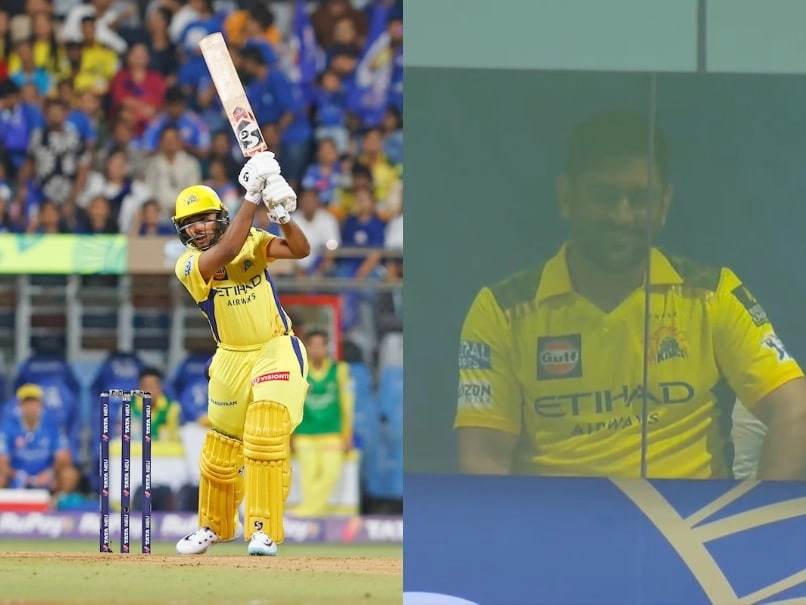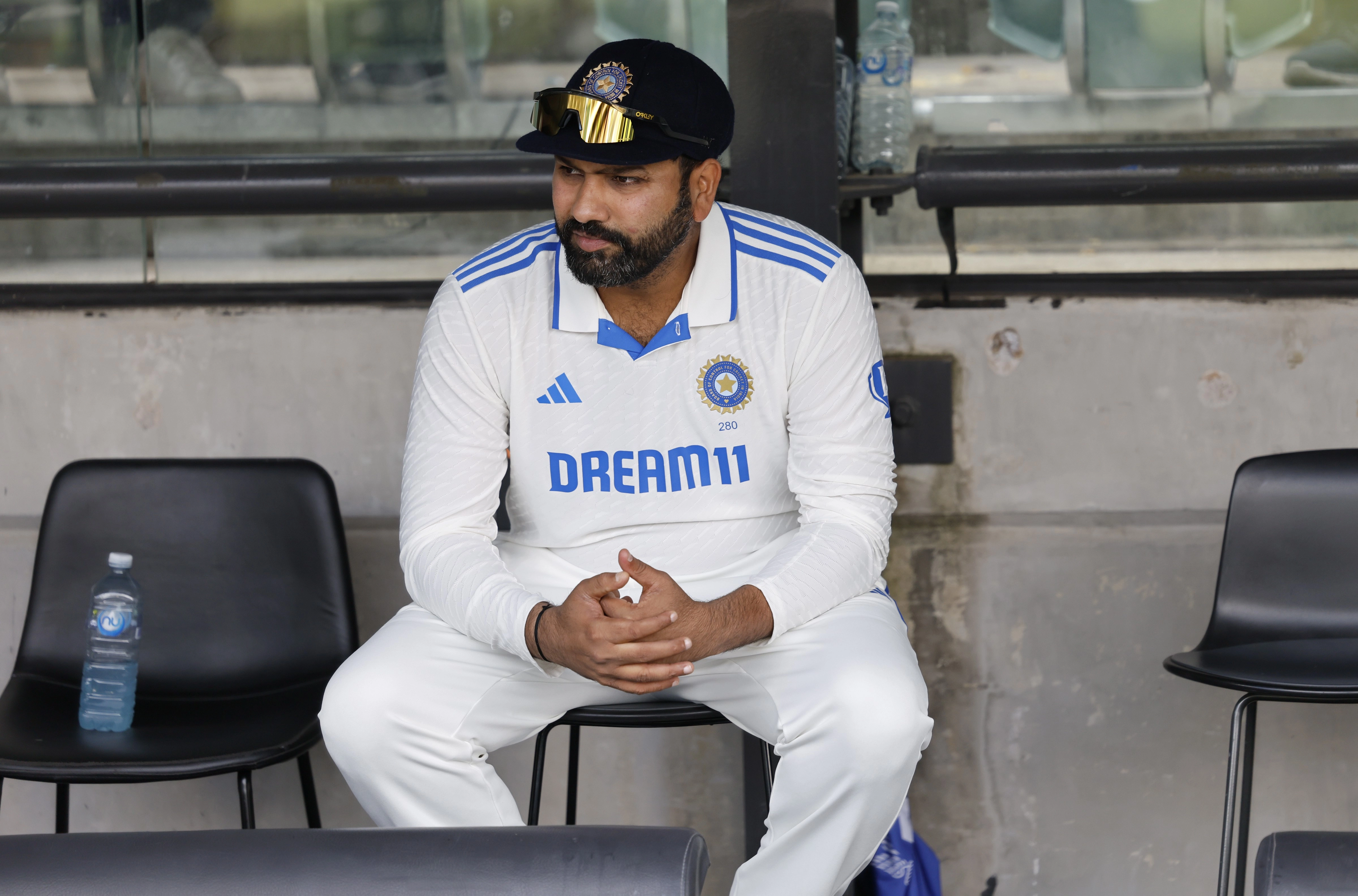Yograj Singh, the former Indian cricketer and father of the renowned all-rounder Yuvraj Singh, has recently stirred up significant controversy within the cricketing community by making explosive allegations regarding match-fixing. In a candid discussion, he dropped a bombshell that has sent shockwaves through the sport, drawing attention not only for the claims he made but also for the high-profile names he mentioned, including legendary cricketer Kapil Dev. The implications of his statements have raised eyebrows and reignited discussions about the integrity of cricket in India, especially during the 1980s and 1990s—a period often scrutinized for various scandals.
Yograj’s comments suggest that there may have been influences and circumstances that compromised the integrity of the game during that era. By mentioning Kapil Dev, a pivotal figure in Indian cricket and captain of the 1983 World Cup-winning team, Yograj hints at the involvement of those at the pinnacle of the sport. Such allegations not only challenge the legacies of revered players but also compel cricketing authorities and fans alike to reconsider the narrative surrounding match-fixing in cricket. The potential ramifications of these claims could extend beyond mere gossip, possibly prompting investigations into the past, as well as a reevaluation of how cricket is governed today.
The cricketer’s revelations come at a time when the sport is striving to maintain its credibility in the wake of various scandals that have emerged globally. Match-fixing has marred cricket’s reputation, leading to stringent regulations and monitoring systems by organizations like the International Cricket Council (ICC). Yograj Singh’s statements serve as a reminder of the shadows that have loomed over cricket, calling for transparency and accountability from both players and administrators. As fans and analysts grapple with the weight of these allegations, the conversation around match-fixing is likely to intensify.
In light of these developments, it is crucial for cricketing bodies to address the concerns raised by Yograj Singh and provide clarity on the integrity of matches played in the past. His assertions may also encourage other players to come forward with their experiences, fostering a culture of openness that could ultimately benefit the sport. As the cricketing world reacts to this revelation, the focus will be on how such allegations are handled and whether they will lead to a broader discussion on the need for reforms within the sport to safeguard its future.




